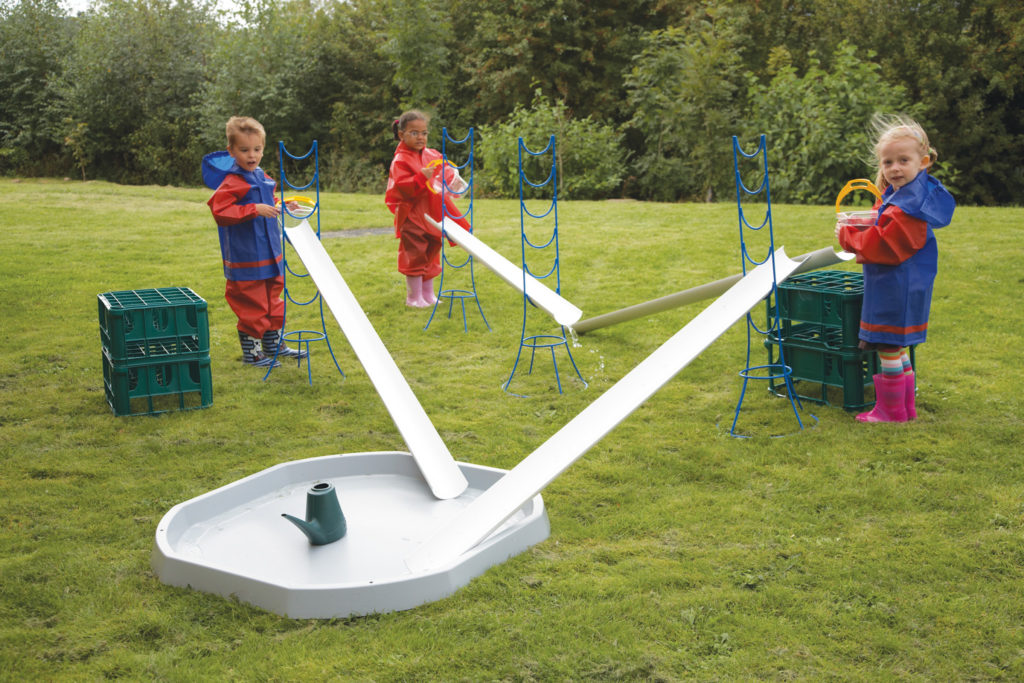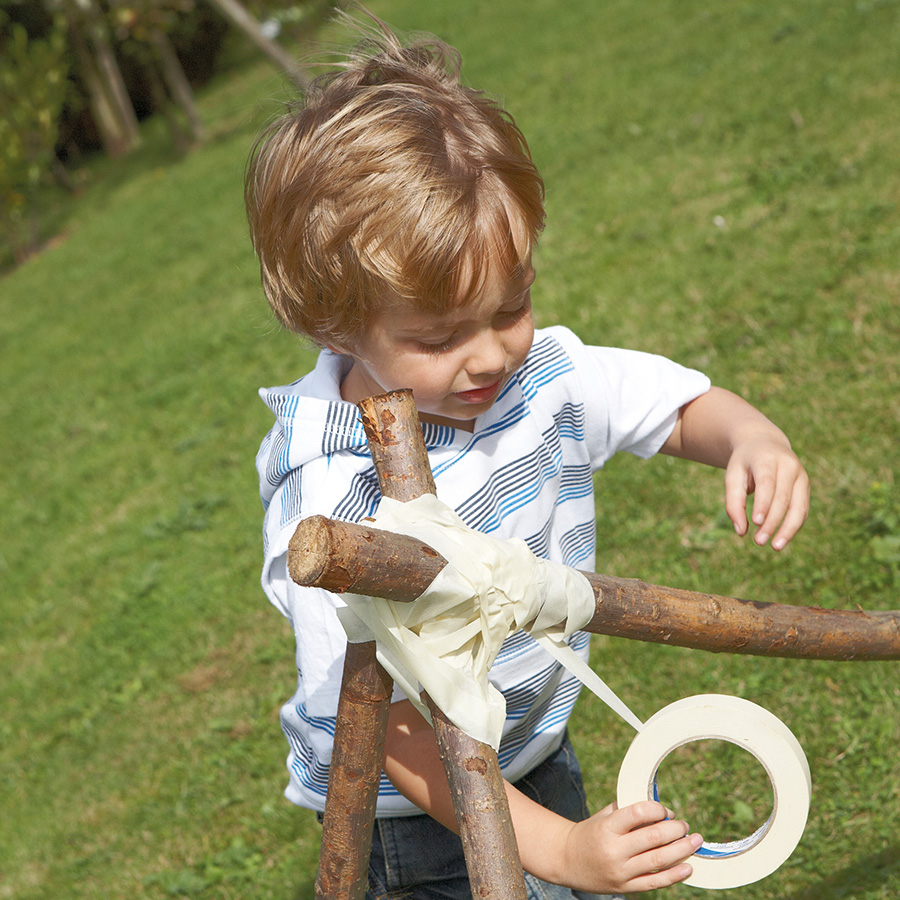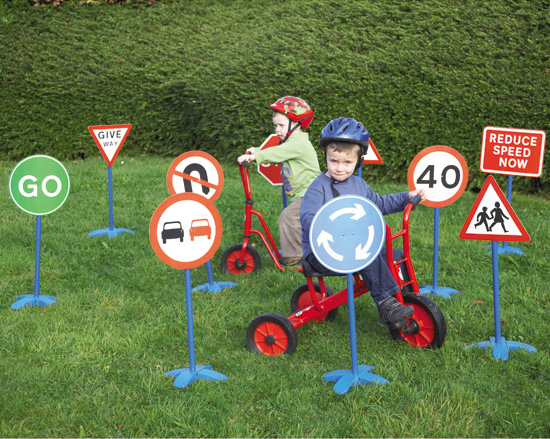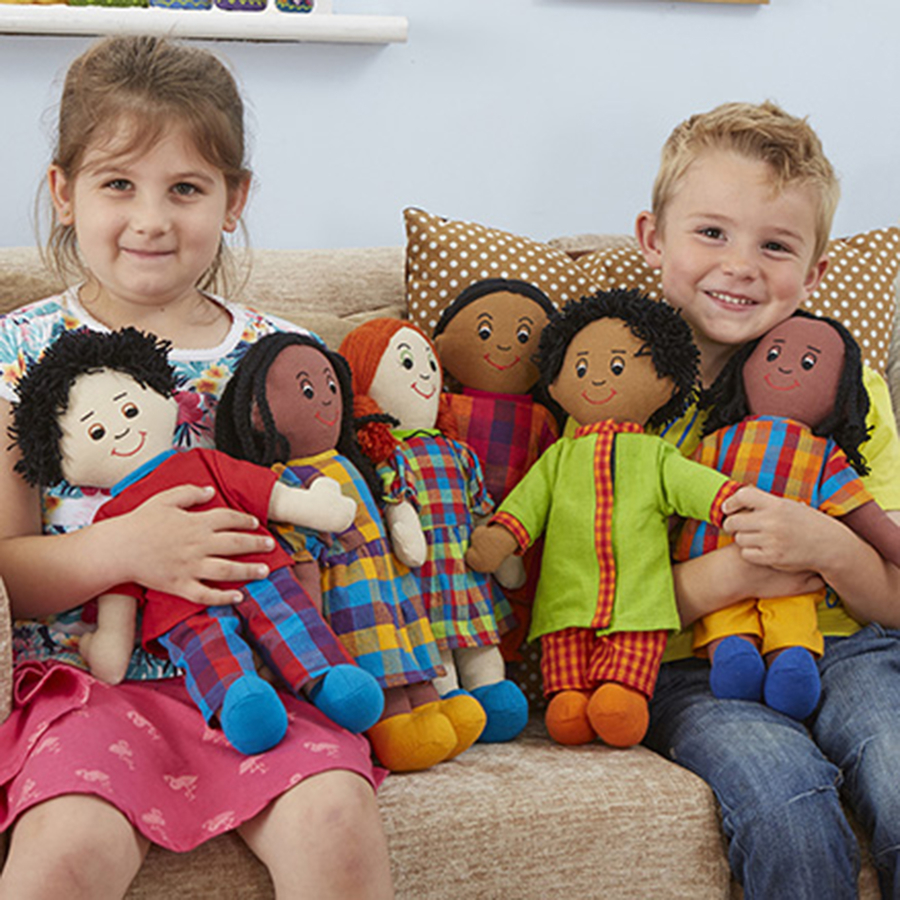First of all… what are British Values?
Some might say they are just good values! But in 2011 the government defined British Values as democracy, the rule of law, individual liberty, and mutual respect and tolerance of different faiths and beliefs. They have been implicitly embedded in the Early Years Foundation Stage since 2014. The Counter Terrorism and Security Act places a duty on early years providers to “have due regard to the need to prevent people from being drawn into terrorism” (the Prevent duty). This duty came into effect from July 2015. Whilst this does have implications for providers in terms of safeguarding children and training staff, British Values are already part of the curriculum we deliver to the children on a daily basis. So there really is no need to panic.
Let’s have a look at the 4 British Values in more detail:
Democracy
Democracy is linked to Self-Confidence and Self-Awareness in the EYFS, which is part of Personal, Social and Emotional Development. Democracy in an early years context involves decision-making, turn-taking and collaboration in children’s play. We can make sure that children know their views count; that they value each other’s opinions; and we can provide opportunities for children to talk about their feelings. We can also encourage children to make choices together, for example, by showing hands to choose an activity. See here for our top 5 resources to encourage democracy in the early years.
Individual Liberty
Individual liberty or ‘freedom for all’ also links to Self-Confidence and Self-Awareness (PSED) in the EYFS. We can encourage children to make choices, to develop independence and to think for themselves; in addition to providing experiences to explore feelings and responsibility, encouraging children to voice their own opinions, and to listen to others. Our priority is to support children in becoming confident, independent learners. Check out these top 5 resources to encourage individual liberty in the early years.
Rule of Law
Rule of law is linked to Managing Feelings and Behaviour in the EYFS, which is part of Personal Social and Emotional Development. We need to support children in understanding their own behaviour; its impact on others; and to help them to understand right from wrong. We can work with children to develop rules or promises about behaviour, and to ensure that all children understand that ‘the rules’ apply to everyone. Some of our ‘rules’ include ‘kind hands’, ‘listening ears’, ‘walking feet’ and ‘tidy-up time’; and we reinforce these using words supported by signing where appropriate. We should encourage children to make the right choices to keep their setting a safe and happy place to learn. A popular topic has always been “People Who Help Us” and activities around this theme provide ample opportunities to reinforce the concepts of ‘rules’, along with ‘right and wrong’. See here for our top 5 resources to develop understanding of ‘rule of law’ in the early years.
Mutual respect and tolerance of different faiths and beliefs
This links to the EYFS areas of People and Communities (Understanding the World) and Making Relationships (PSED). It is crucial that: “Managers and leaders should create an ethos of inclusivity and tolerance where views, faiths, cultures and races are valued and children are engaged with the wider community.” So we need to provide children with an understanding of – and respect for – their own and other cultures, exploring the similarities and differences between traditions, practices and customs through sharing celebrations and experiences. We should promote diversity and challenge stereotyping or discrimination, encouraging children to be tolerant and to respect other’s opinions and practice. We should teach children about the world they live in, their local community and the wider world through stories, activities and experiences. Take a look at our top 5 resources to encourage mutual respect and tolerance of different faiths and beliefs.
 The ideas and advice in this blog are by Steve and Christine Doubtfire, directors of Smarties and Cedar House Day Nurseries in Mansfield. They are both qualified teachers with extensive experience in education, for the last nine years focussing on early years. Steve was one of the first men in Nottinghamshire to be awarded Early Years Professional Status and went on to work as an assessor for the University of Northampton. Christine spent 28 years in FE before leaving to join Steve in the nursery. To support her transition to Early Years, she undertook Early Years Professional status followed by a Masters in Early Years Education. Keen to support professional development in the sector, she worked as an assessor on the EYT programme and as a visiting lecturer at the University of Derby.
The ideas and advice in this blog are by Steve and Christine Doubtfire, directors of Smarties and Cedar House Day Nurseries in Mansfield. They are both qualified teachers with extensive experience in education, for the last nine years focussing on early years. Steve was one of the first men in Nottinghamshire to be awarded Early Years Professional Status and went on to work as an assessor for the University of Northampton. Christine spent 28 years in FE before leaving to join Steve in the nursery. To support her transition to Early Years, she undertook Early Years Professional status followed by a Masters in Early Years Education. Keen to support professional development in the sector, she worked as an assessor on the EYT programme and as a visiting lecturer at the University of Derby.
5 practical resources to develop an understanding of democracy






